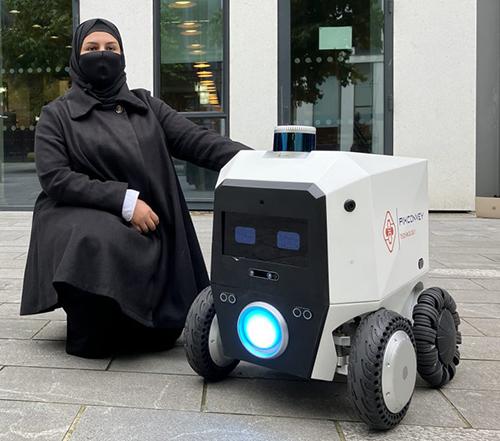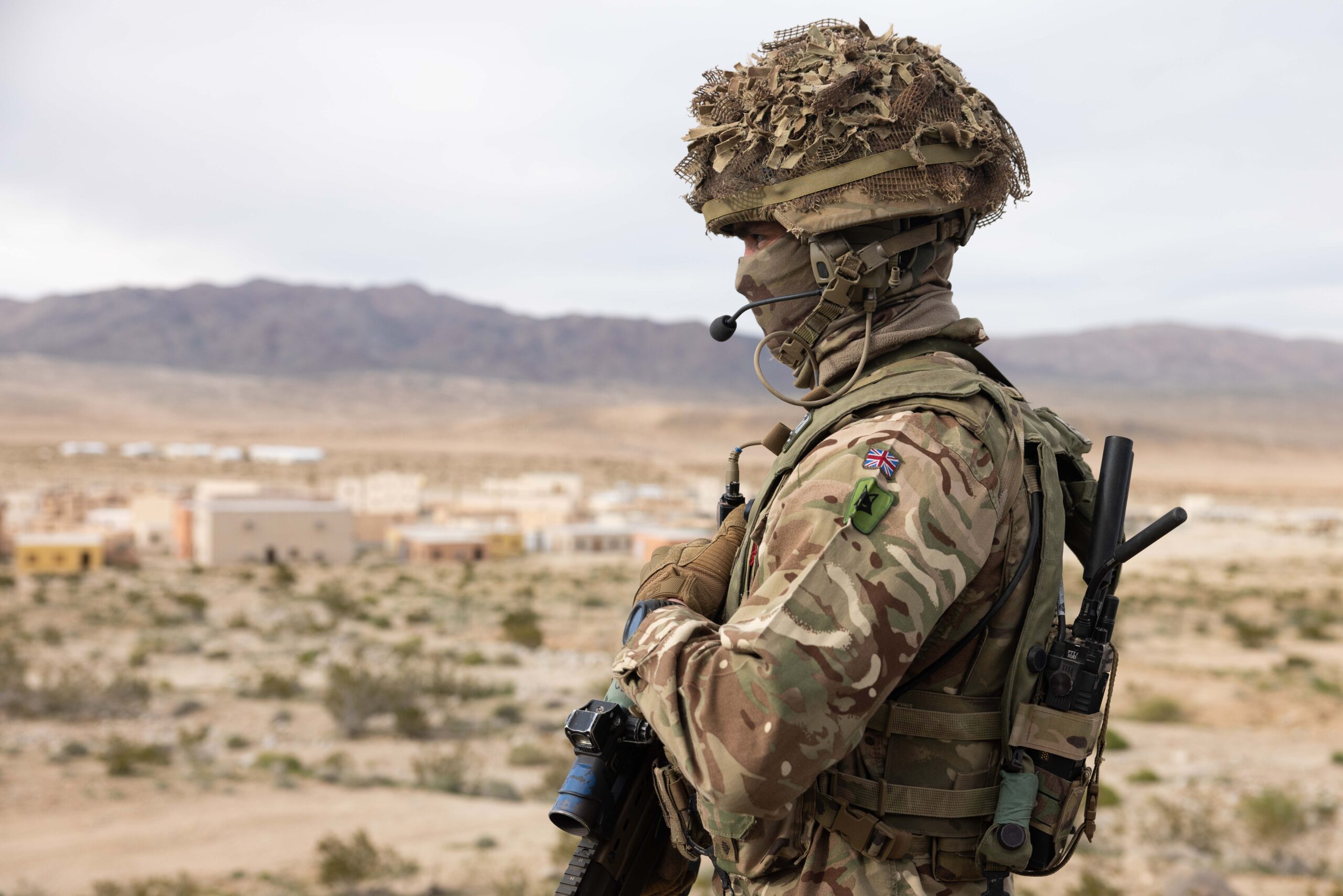Pilot of Pixconvey technology will allow fellow students to order food from café, which can be dispatched by staff in a robot designed to navigate its own way around campus
A start-up created by a student from the University of Edinburgh is trialling a robot-based autonomous food-delivery service.
Pixconvey will test the technology by delivering food orders from the university’s Kings Buildings café to students across the campus. Edinburgh Innovations, the university’s commercialisation service, also supports the project.
Known as Pixie and Pixa, the self-driving robots were created by student Ebtehal Alotaibi, an AI and robotics PhD student at Edinburgh’s School of Informatics. The robots were adopted from models created by the Bayes Centre – a specialist AI and data-science facility at the university.
Using an app bringing together popular payments platform Upay with a dedicated Pixconvey app, students will be able to order food from the café to be delivered to a specific location during a timeslot of their choosing. When the order is ready, staff at the eatery will load it onto one of the robots, and use a control dashboard to dispatch the robot, which will then “autonomously navigate” to the specified delivery address.
Related content
- DfT confirms funding for research of delivery robots
- Robot submarine used to assess decommissioned oil fields
- Humanoid robot gives evidence to parliamentary committee
Upon arrival, staff will receive a notification via the dashboard, and can then remotely open the door of its storage area – allowing the student to take their food. Once the door is reclosed, the robot takes itself back to the catering area.
If successful, the trial could make food delivery more affordable and sustainable, claimed Alotaibi – who hopes that the system can one day be rolled out across Edinburgh.
“Getting takeaway food delivered is increasingly expensive, partly due to labour costs and shortages,” she said. “Where cars are used, it also increases greenhouse gas emissions and, during the pandemic, there were hygiene concerns too. We think Pixconvey can address all these issues – electric vehicles have zero emissions; our business model is an affordable monthly subscription for the restaurant and the robot sanitises food cartons using LED rays.”
The PhD student and company founded said that she started her research into autonomous vehicles after she lost her aunt in a car accident caused by driver error in 2014.
“The car accident also claimed the life of my aunt’s husband. She was just 30 and their three children were left without their parents,” she said. ““I did some research and found that 94% of car accidents are caused by human error, so there is a lot of potential for driverless vehicles to be safer.”




